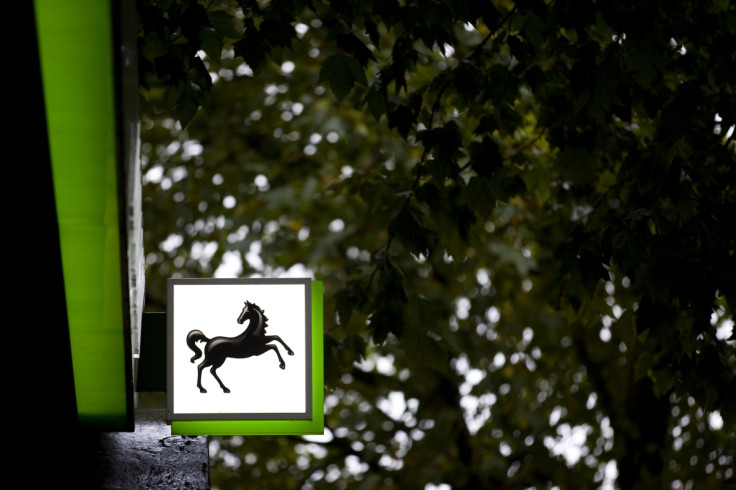Lloyds profit drops as bank books £2.1bn in PPI mis-selling compensation

Lloyds posted a drop in profit after it was forced to book another £2.1bn in future compensation costs for PPI mis-selling. Past misconduct continues to haunt the state-backed bank.
The payment protection insurance (PPI) mis-selling charge and other costs caused pre-tax profit to sink 11% to £1.6bn (€2bn, $2.2bn) for the year to 31 December 2015. The total amount reserved for PPI settlements has run up to £4bn.
"We made a strong start in 2015 to the next phase of our strategy and have delivered a robust financial performance, enabling increased dividend payments," said chief executive Antonio Horta-Osorio.
"Our differentiated, UK focused, retail and commercial business model continues to deliver, with our financial strength, cost leadership and lower risk focus positioning us well in the face of current market uncertainty."
Despite the drop in full year profits, Lloyds paid out ordinary dividend of 2.25p per share and a special dividend of 0.5p per share, costing the bank a total of £2m. Excluding exceptional costs like PPI settlements, Lloyds' profit edged up by 5% to £8.1m. Lloyds' top line, also increased slightly. Total income edged up by 1% to £17.6bn, showing underlying stability despite the one-off costs.
However, Michael van Dulken, head of research at Accendo Markets said that the litigation costs have had a negative impact on Lloyds' results for too long to be disregarded.
"PPI (and litigation in general) has become, in our view, too regular a feature to strip out," van Dulken said. "After all, we know that said provisions are here to stay for another 2 years. Which is well beyond many investors current crisis-induced short-term horizon."
But overall results and the fact that the bank remained its dividend still clearly pleased shareholders. Lloyds shares shot up on Thursday morning (25 February) by 9.45%.
Dividend delight! Biggest spike in #Lloyds stock since 2011! CEO says bank positioned to deliver sustainable returns pic.twitter.com/rYYB95pQJW
— Caroline Hyde (@CarolineHydeTV) February 25, 2016
The spike in share prices spell good news for the taxpayer, as the Treasury still holds a 9% stake in Lloyds. The UK government saved the troubled bank with a bailout in the financial crisis but has sold the majority of its shares.
However, in late January, chancellor George Osborne said he is postponing the sale of the remaining stake because of market turmoil.
© Copyright IBTimes 2025. All rights reserved.






















